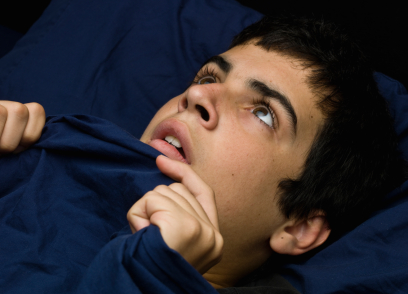Long-term Outcomes for Childhood-Onset Disorders: Anxiety Disorders
A symposium at the 2012 meeting of the American Academy of Child and Adolescent Psychiatry (AACAP) examined long-term outcomes of childhood onset disorders, including bipolar disorder, unipolar depression, ADHD, and anxiety disorder.
Course of Childhood Onset Anxiety Disorders
Danny Pine presented a study of 191 adolescents with an anxiety disorder, among whom 36% showed no anxiety disorder in adulthood, while 62% continued to have an anxiety disorder. Among a control population, 390 adolescents without an anxiety disorder remained so in adulthood, while 36 developed new onset of an anxiety disorder in adulthood. Sixty-two of the 98 participants who had anxiety disorders in adulthood had had the disorder continuously from its onset in adolescence. Thus, it appears that approximately two-thirds of adults with an anxiety disorder show a persistence of their childhood onset anxiety disorder, while approximately 1/3 had a new anxiety disorder diagnosis.
Editor’s Note: While all 4 of these major childhood onset psychiatric illnesses (bipolar, unipolar, ADHD, and anxiety disorders) show long term difficulties into adulthood in the majority of instances, it appears that the most severely impacted are those with bipolar disorder. These data are also consistent with retrospective data from multiple cohorts of adults with bipolar disorder, which indicate that those whose illness began in childhood fared more poorly in adulthood than those with adult-onset illness. Thus, while there has been a modicum of treatment research in childhood depression and anxiety disorder and a plethora of treatment studies in ADHD, the dearth of treatment studies in children with bipolar disorder is all the more disconcerting.
Bipolar disorder is common, occurring in some 2 to 3% of children and adolescents, and carries a relatively grave prognosis into adulthood in the majority of instances, especially when it is inadequately treated. Virtually all of the investigators in the area of childhood-onset bipolar who presented at the AACAP meeting have pleaded for increased treatment research for bipolar disorder in children, and one can only hope that their message is soon heard.


